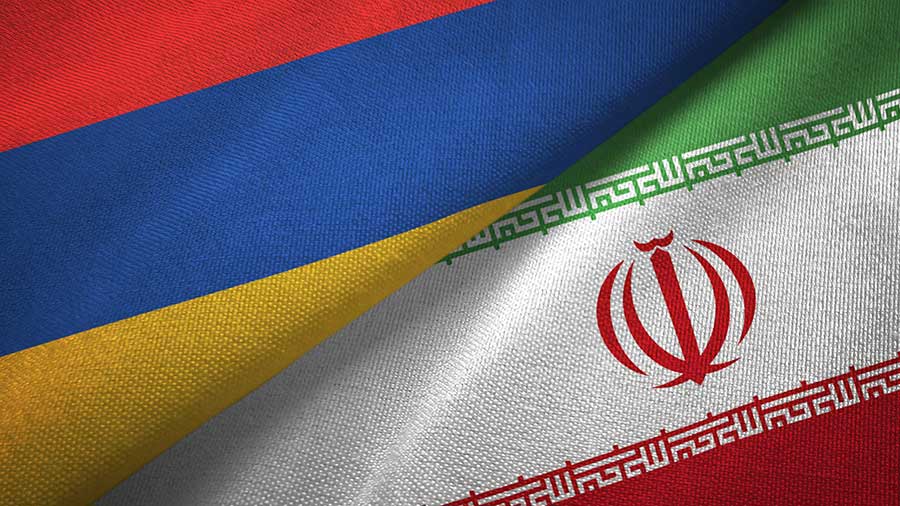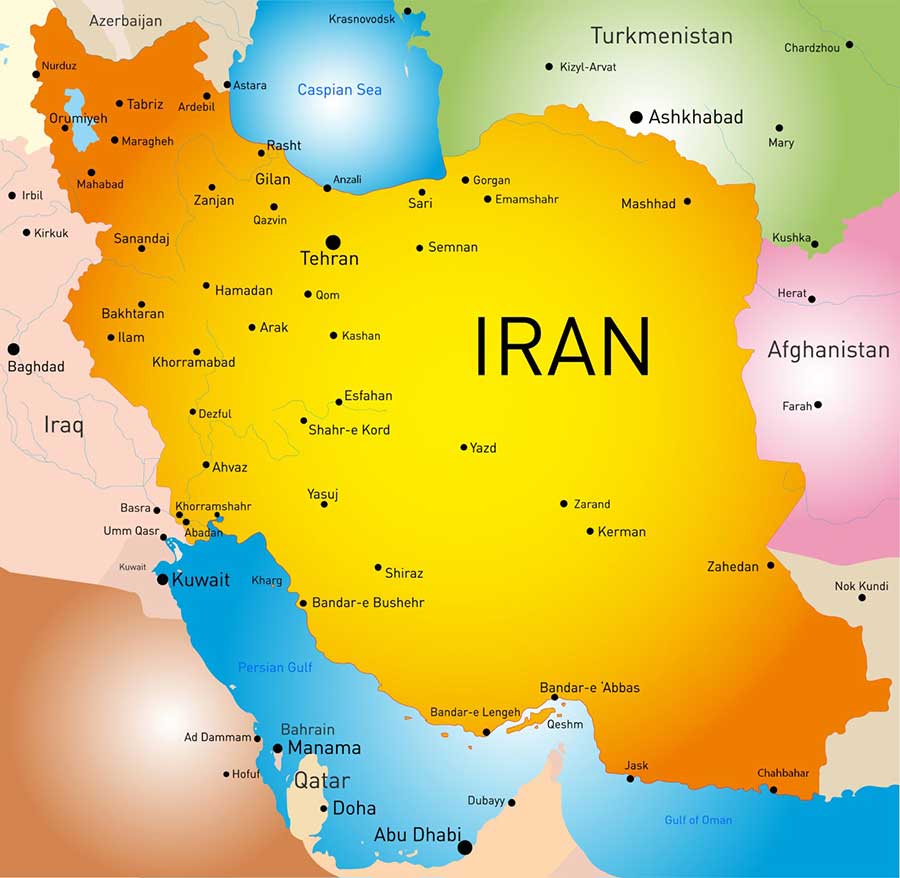Armenia And Iran Plan Joint Technology Park To Access EAEU Consumers

By Chris Devonshire-Ellis
Both countries keen to make use of the INSTC and provide free trade and tax incentives
Armenia and Iran have agreed on a joint project to set up a technology park, with the deal underlining two emerging trends, the tech-bent of Armenia’s business development, and the growing ties between Armenia and Iran, both of which are short of neighborhood allies. Iran is encouraging its businesses to invest in Armenia, in order to access the Eurasian Economic Union (EAEU) markets.
Armenia is a member of the EAEU, a free trade bloc that also includes Belarus, Kazakhstan, Kyrgyzstan, and Russia, while the EAEU also having free trade agreements with Serbia, Singapore, and Vietnam. China has also signed off an FTA with the EAEU and is currently negotiating tariff reductions. Other countries such as Egypt, India and several other ASEAN nations are also negotiating FTA with the bloc.
Armenia has welcomed the idea of establishing a joint technology park with Iran as a step to help Iranian-made products find their way to the Eurasian market.
The issue was discussed during a meeting between Armenia’s acting Minister of Economy Vahan Kerobyan and an Iranian delegation led by Mehdi Eliassi, Vice President for Science and Technology, which also comprised Deputy Minister of Communications, Chairman of the Information Technology Organization Amir Nazemi Ashani, members of the Iranian Parliament, representatives of a number of large Iranian companies.
The Iranian side said it has a rich experience in establishing high-tech centers in different countries, suggesting establishing a similar center in Armenia.
This could be accomplished within the framework of the existing Meghri Free Trade Zone on the Armenian border with Iran, and the Aras Free Trade Zone close to Iran’s Anzali Port on the Caspian Sea. Considering Armenia’s membership of the EAEU, both sides discussed opportunities of Joint Ventures in different sectors of the economy and exporting the manufactured products to the EAEU to other free trade aligned countries.
This makes sense as both are part of the International North-South Transportation Corridor (INSTC), a multi-modal route connecting the JNPT Port in India’s Mumbai to Iran’s Chabahar Port. From there, goods run by road or rail across Iran, to Anzali and can then be shipped onto Caspian Ports in Azerbaijan, Kazakhstan, Turkmenistan, and Russia and can access Armenia via road and rail at the border at Nurduz.

Iranian Innovation and Technology Parks
Iran also plans to set up a fourth Innovation and Technology Centres in Russia, with the aim of finding new markets for domestic knowledge-based products in the region.
Exporting technological products of Iranian knowledge-based companies is one of the important and key programs of the Iranian presidency for science and technology, and in this regard, the first Innovation and Technology Centre was inaugurated in the Kenyan capital of Nairobi in January this year.
By supporting innovative ideas, holding technological and innovative events, the centers will be a platform for the development and promotion of Iranian knowledge-based companies, startups, and creative industries.
Iran has already agreed to develop an Innovation and Technology Centre in China as part of the 25-year Iran-China Cooperation Agreement and has opened one in Syria. Currently, some 5,000 knowledge-based companies are active in Iran, manufacturing diverse products to meet the needs of the domestic market while saving large amounts of foreign currency.
Vice President for Science and Technology Sourena Sattari said that “U.S. sanctions caused exports of Iranian knowledge-based companies to decline for the past three years, however, it has returned to growth and reached the pre-sanctions level of more than US$1 billion by March this year and is expected to increase by 40% in 2021.”
42 Iranian knowledge-based companies with a total value of nearly US$67 billion have been listed on the Tehran Stock Exchange and these will soon turn into some of the biggest businesses in the county, Sattari said.
Iran has four million students with higher IT knowledge capacity, and the country is relying on them to move toward a knowledge-based economy. There are currently 6,000 knowledge-based companies operating in Iran, generating about US$12 billion in revenues in 2020.
Iran has the largest startups in the region in the field of information and communication technology, biotechnology, nanotechnology, stem cells, and about 50 technology parks have been formed throughout the country.
Related Reading
- Armenia’s North-South Highway Linking Europe with Iran, Dubai, and India
- India and Russia To Connect Supply Chains Via Iran’s INSTC
About Us
Silk Road Briefing is written by Dezan Shira & Associates. The firm has 28 offices throughout Asia, and assists foreign investors into the region. For strategic advisory and business intelligence issues please contact the firm at silkroad@dezshira.com or visit www.dezshira.com





